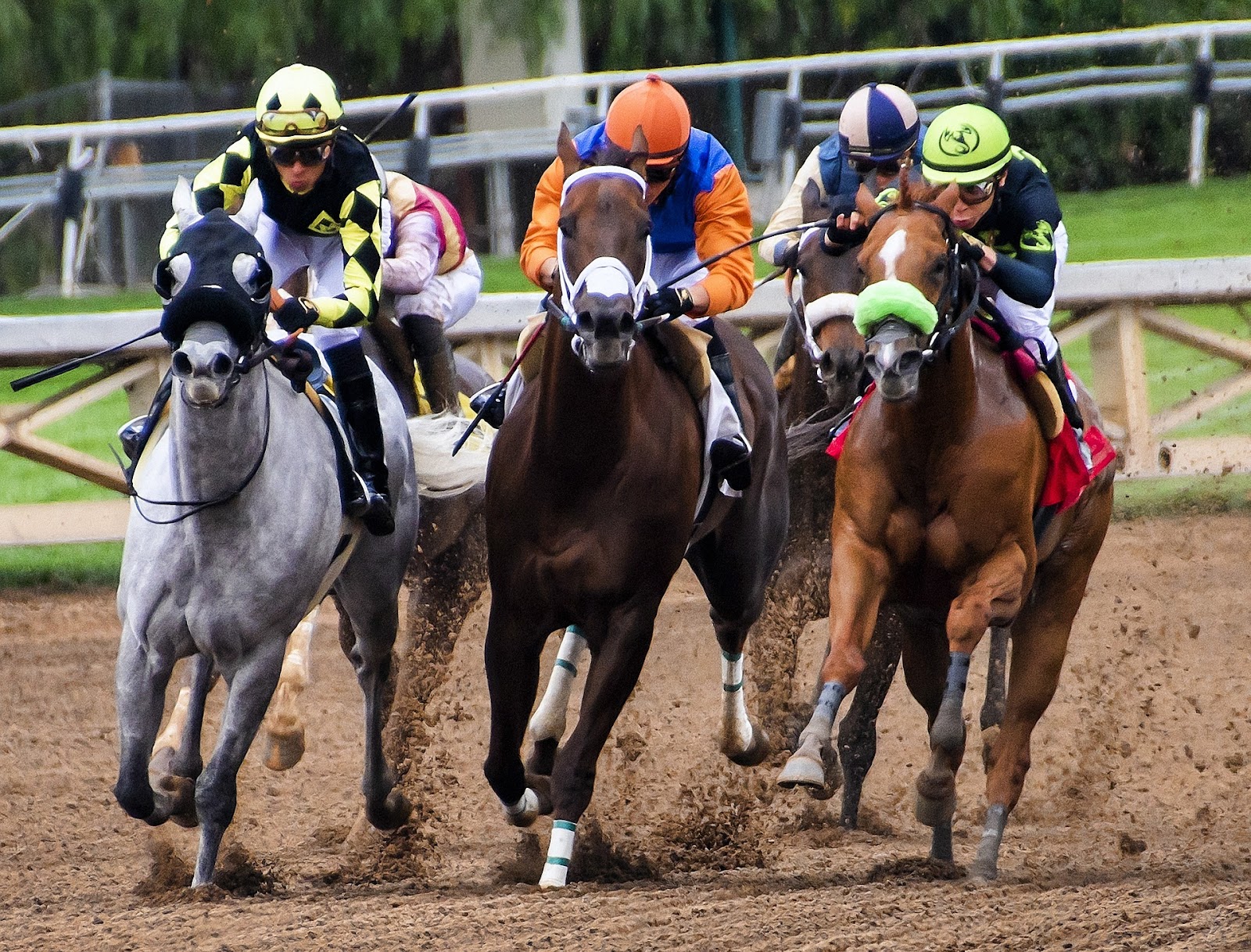In the world of horse racing, where fortunes can change in the blink of an eye, having a reliable tipster can be the difference between success and failure for punters. A good horse racing tipster provides valuable insights that help bettors make informed decisions. But what exactly makes a tipster stand out in this competitive field?
In-Depth Knowledge and Expertise
A profound understanding of horse racing is fundamental for any tipster aiming to provide accurate predictions. This includes knowledge of horse breeding, training regimens, and race dynamics. A good tipster should be familiar with the history and performance of horses, trainers, and jockeys. This expertise allows them to assess the form of horses accurately, taking into account factors such as past performance, track conditions, and even weather forecasts.
According to Emma J., the new horse racing betting sites UK punters can visit provide an enjoyable experience for a wide range of bettors. Mobile betting apps make it easy to bet from anywhere, while features like live streaming and virtual reality bring the action straight to users. For tipsters, these platforms also provide access to real-time data and innovative tools that enhance their predictions. As horse racing continues to embrace modern technology, a skilled tipster must adapt to these advancements to stay ahead.
Additionally, a skilled tipster will have a keen eye for spotting potential in up-and-coming horses and identifying when established runners might be past their prime. They’ll understand the nuances of different racecourses, recognising how certain tracks favour particular running styles or how the going can impact performance.
Analytical Skills and Use of Technology
In today’s data-driven world, analytical skills are crucial for interpreting complex datasets related to horse racing. Top tipsters use advanced tools like statistical analysis software and race simulation programs to enhance their predictions. By leveraging technology, they can identify patterns and trends that might not be immediately apparent through traditional analysis methods.
These analytical capabilities extend to understanding speed figures, sectional times, and other performance metrics that can provide a competitive edge. A good tipster will also be adept at interpreting handicap ratings and understanding how changes in these ratings might affect a horse’s chances in upcoming races.
Proven Track Record
A reliable track record is perhaps one of the most convincing attributes of a good tipster. Consistency in delivering successful tips over time builds credibility and trust among punters. A reputable tipster will have documented evidence of their past successes, often showcasing their return on investment (ROI) and strike rates to potential clients.
Understanding of Betting Markets
An excellent horse racing tipster must have a deep understanding of betting markets. This involves knowing how odds are set and identifying value bets, those with odds that offer a higher potential return than the risk involved. By focusing on value rather than simply picking winners, tipsters can provide more strategic advice that maximises long-term profitability for their followers.
This understanding should extend to various betting types, from simple win and each-way bets to more complex wagers like exactas, trifectas, and accumulators. A good tipster will be able to advise on which betting strategies are most suitable for different races and situations.
Effective Communication Skills
Clear communication is vital for conveying complex insights in an understandable manner. A good tipster should be able to explain their reasoning behind each selection, providing punters with a rationale that enhances their understanding of the betting landscape. Engaging with followers through social media or dedicated platforms also helps build a community around their tips, fostering loyalty and trust.
The ability to articulate thoughts clearly extends to providing context for their tips. This might include explaining how certain factors like draw bias, pace scenarios, or recent stable form have influenced their selections. By educating their followers, tipsters not only justify their picks but also help punters develop their own analytical skills.
Adaptability and Continuous Learning
The world of horse racing is dynamic, with new information constantly emerging. A successful tipster must be adaptable, continuously updating their knowledge base and strategies in response to changing conditions. This involves staying abreast of industry news, monitoring race results, and learning from both successes and failures to refine their approach.
Adaptability also means being able to adjust strategies based on the evolving nature of the sport. For instance, recognising shifts in breeding trends, training methods, or the impact of new technologies on horse performance. A good tipster will also be quick to identify emerging talents among jockeys and trainers, factoring this into their analysis.
Specialisation in Specific Races or Niches
Some tipsters may choose to specialize in certain types of races or betting strategies. This specialization allows them to develop deep expertise in specific areas, potentially offering more precise insights than generalists. Whether focusing on high-stakes events like the Cheltenham Festival or niche markets such as handicap races, specialized knowledge can provide a competitive edge.
Specialisation might also involve focusing on particular racecourses, types of horses, or even specific trainers and jockeys. This targeted approach can lead to more nuanced and valuable insights within their chosen niche.



